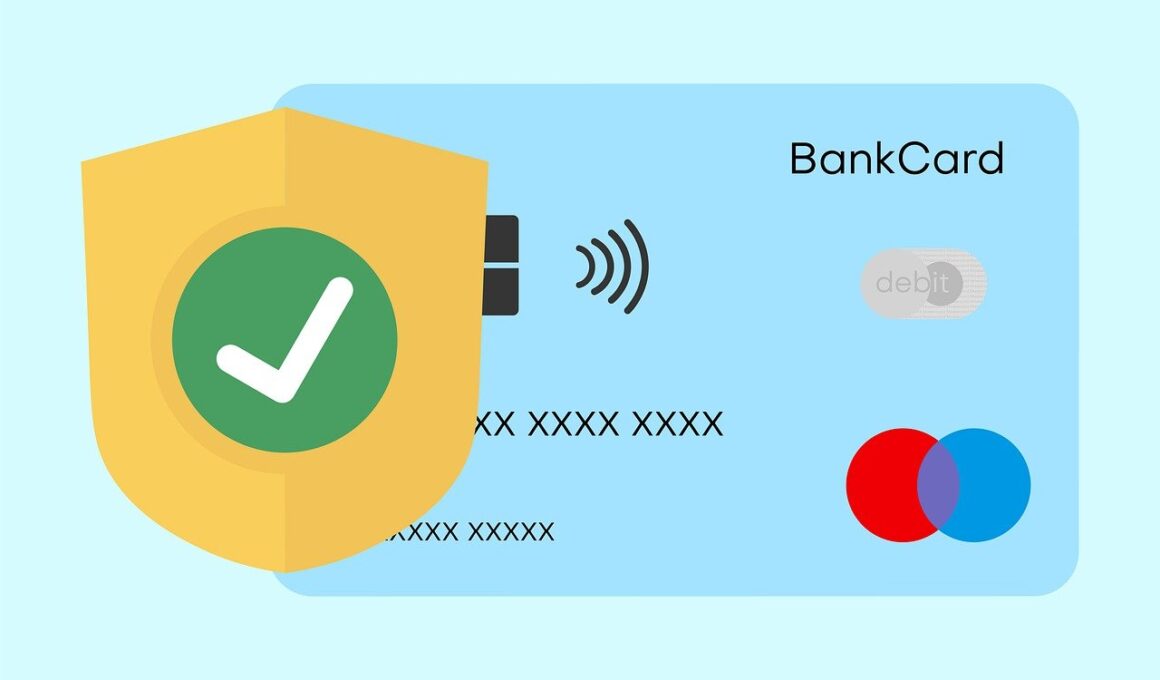How to Verify Financial Advisors and Prevent Fraud
Understanding the necessity of verifying financial advisors is crucial for every investor. Financial scams can take many forms, often led by individuals or firms that appear legitimate but have ulterior motives. Before engaging a financial advisor, you should check their qualifications, designations, and regulatory compliance. Begin by visiting regulatory bodies like the Securities and Exchange Commission (SEC) and the Financial Industry Regulatory Authority (FINRA). They can help you confirm if the advisor holds the necessary licenses. You should also review their record for any disciplinary actions that might raise red flags. Furthermore, consider seeking recommendations from reputable sources within the financial community or friends who have previously used their services. Trust your instincts—if something seems off or too good to be true, it probably is. Remember to ask direct questions about their fees, services provided, and investment strategy. Transparency and clarity are key components that all reputable advisors should demonstrate. By doing your due diligence, you minimize your risk of falling victim to financial scams. Arm yourself with knowledge and vigilance in the crossroad of finance and trust.
Awareness of financial scams is essential for everyone investing hard-earned money. They can come in various forms, including Ponzi schemes, phishing, and misleading investment opportunities. A common tactic involves fraudsters presenting overly complex, high-reward investments that entice potential victims. Therefore, once you suspect a financial advisor or investment opportunity may be questionable, investigate their background further. Delve deep into reviews from former clients, seek out independent evaluations, and check online forums for possible warnings. Patience is critical; rush decisions often lead to regret. Additionally, recognize the red flags: unsolicited contact, pressure tactics, or vague descriptions of funds should raise concerns. To protect yourself, consider utilizing online tools designed to help identify licensed advisors. Cross-verifying these details with trustworthy independent sources can sometimes expose inconsistencies. While researching, remind yourself that legitimate advisors should welcome questions and provide adequate answers. Respect should always be mutual in such relationships. Building a good rapport can often mean the difference. You deserve assurance, guidance, and above all, security as you navigate your financial future wisely.
Understanding Common Financial Scams
Financial scams often prey on victims’ vulnerabilities and lack of understanding about investments. Learning how these scams operate is the first step toward protecting your finances. For instance, unrealistic promises of high returns with little or no risk should serve as an early warning. Furthermore, fraudsters frequently employ aggressive sales tactics and scarcity to induce fear of missing out. They can create a convincing narrative that distracts from the reality of the investment’s viability. Awareness of common tactics, such as spoofing legitimate websites or mimicking verified emails, is crucial. Never share sensitive personal information via email or phone unless you are entirely sure of the recipient’s identity. In addition to researching financial advisors, consider checking for any association with consumer protection organizations or victim recovery services. These affiliations can indicate a commitment to ethical practices. Moreover, understanding your financial goals can help filter out unsuitable options and maintain a focus on legitimate channels. Remain vigilant against promises that sound too good to be true, as they often are. Ultimately, enhancing your knowledge is the most powerful tool against scams.
Another way to financially protect yourself is by knowing your potential advisor’s history. Each financial professional should make their background accessible, including their former employment, qualifications, and any sanctions or investigations they may have faced. Websites such as FINRA’s BrokerCheck provide this critical information. When meeting with potential advisors, don’t hesitate to ask about their experience. A legitimate advisor should be willing to discuss their qualifications, years of experience, and successes. Knowing the limits of what they can offer is equally important—different advisors specialize in various areas, such as retirement planning or estate management. Additionally, be cognizant of their fee structures; asking detailed questions can uncover hidden charges. Always request a written agreement that outlines the services they’re providing and their compensation method. It protects your interests and holds the advisor accountable. Reviews through independent rating agencies can offer additional insights into their working methods and client satisfaction rates. The advisor-client relationship is best built on trust, communication, and clarity. Make informed choices, and you can shield yourself from potential scams.
Common Tactics Used by Scammers
Scammers often deploy various manipulation tactics that make them appear credible and trustworthy. They can use social media to build a rapport with potential victims, presenting staged lifestyles to create a false image of success. Regularly assess the platforms you follow and be wary of personal solicitations. Reputable financial professionals seldom reach out unsolicited. Recognizing the language of scams also helps; many will employ technical jargon to make their proposals sound legitimate. This tactic can confuse those who lack financial expertise, making it difficult to question the proposed plan. You may also find scams exploiting emotional appeals, often promising financial independence or early retirement. Don’t let emotions cloud your judgment; maintain a level of skepticism. It might protect you from scams disguised as lucrative investment opportunities. If a proposed investment offers guarantees on returns, this is another strong indicator of potential fraud. Lastly, always conduct thorough research and verify claims made about past performance. The mantra “if it sounds too good to be true, it probably is” rings especially true in the finance world.
When falling for fraudulent schemes, victims often feel embarrassed, leading to delayed reporting. Awareness of your rights is critical, particularly if you believe you’ve been scammed. Report fraudulent practices to appropriate authorities such as the SEC or your state’s regulatory body. They often provide resources to assist victims and investigate claims. Prompt action not only aids in potentially recovering lost funds but also helps protect others. Many organizations actively monitor financial scams, contributing to raising awareness and prevention efforts. Additionally, consider consulting with legal professionals or organizations experienced in handling financial fraud. They can guide you through the recovery process, offering insights into your options. Victims may also need to reconsider their financial strategies moving forward. Taking a step back to reassess investment goals can help identify areas of vulnerability or improvement. Never let one bad experience deter you from pursuing your financial aspirations. Use the knowledge gained from scams to enhance your awareness and understanding. Empower yourself to seek legitimate, accredited sources for your investments. Ultimately, you have the power to regain control and make informed choices.
Staying Vigilant and Educated
To genuinely safeguard yourself from financial scams, continuous education is vital. Stay updated on emerging trends or new tactics used by scammers. Numerous reputable financial blogs, podcasts, and newsletters cover developments in the financial sector. Utilize these resources to enhance your understanding and spot potential risks. Attend local financial workshops or seminars, as they aim to educate the public about the intricacies of personal finance. Networking within these events can connect you with trustworthy finance professionals while expanding your knowledge base. Matched with ongoing learning, create a habit of regularly reviewing and monitoring your investments. Keeping records of your financial transactions creates transparency, allowing you to identify unusual activities quickly. Set personal alerts for changes in your accounts and investment performance. Staying engaged with your financial portfolio promotes accountability and vigilance. Establish a strong support system, both personally and professionally, as it fosters collective awareness of potential scams. Encourage friends and family to educate themselves, creating a community that fosters careful scrutiny of finances rather than complacency. Knowing you are not alone can empower you to ask questions and stay alert.
In conclusion, being proactive in your financial journey can significantly reduce your risk of becoming a victim of scams. Continuous monitoring, combined with skepticism, will serve you well in evaluating financial opportunities. Prioritize seeking out licensed financial advisors who practice transparency and ethical standards. Confirm their credentials through reliable resources and take the time to understand any investment proposals. Furthermore, fostering an environment where discussions about finance are regular can help normalize vigilance. Share your financial experiences, lessons learned, and strategies with your community. As you educate yourself, also inspire others, creating a ripple effect that encourages vigilance and awareness in financial matters. The world of finance is full of possibilities but is not without risks. Your financial future should be in your hands, with decisions made based on diligent research and informed choices. By applying these principles and staying engaged, you’ll not only protect yourself from fraud but also set a foundation for safer investing practices. Finally, your diligence and awareness can ultimately lead to a more secure financial future.


